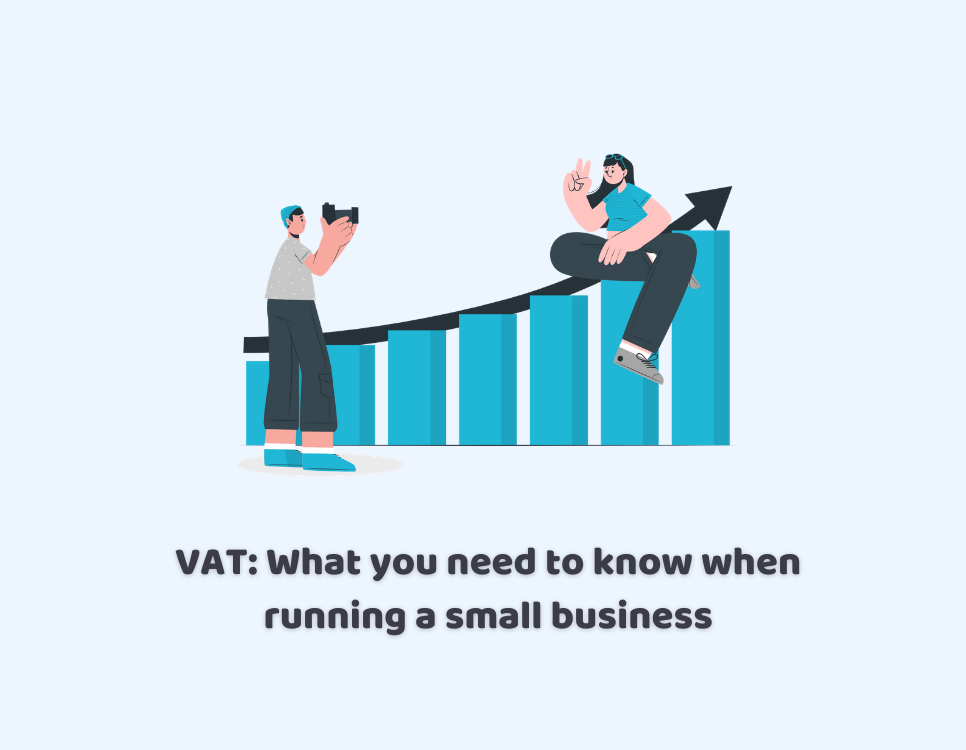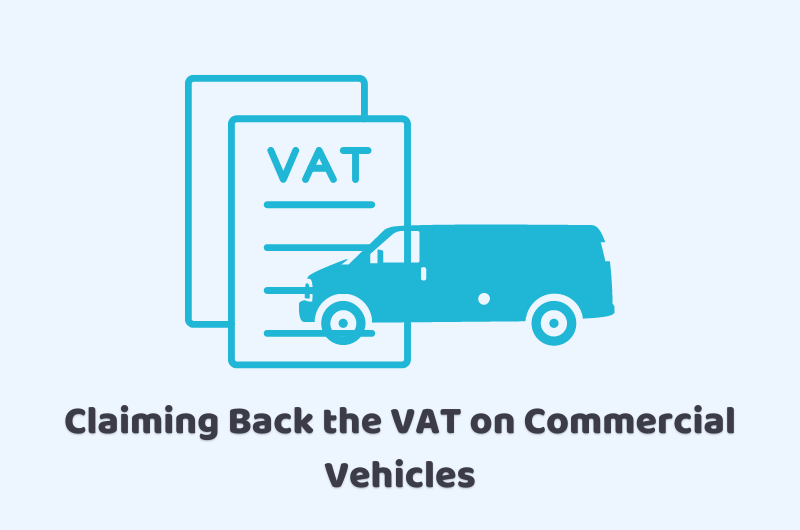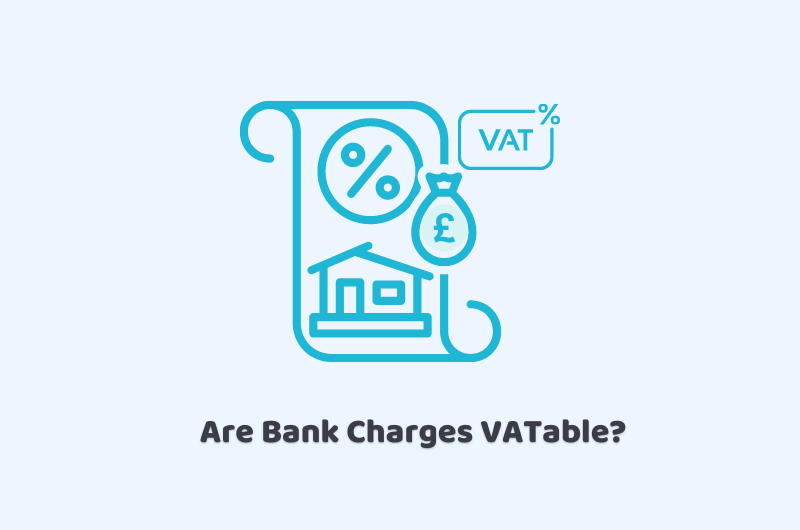
09/04/2021VAT
It’s something normal to see VAT (value-added tax) with your daily used items. But do you know the importance of VAT to small businesses? Do you need to charge it? You might be wondering – should I register for VAT or not? We have the answer for all in this short blog.
Find the best VAT accountant with us!
What is VAT?
VAT (value-added tax) is a percentage charged to you while buying items or services. It is also called consumption tax or tax on goods and services. Since 2011, the VAT rate is 20% for most goods and services. Though there are some exceptions too. It’s a common myth that VAT is charged by all businesses, but that’s not true. If you’re a small business, you might not need to register for VAT or charge it.
Should I Register for VAT?
If you’re a small business owner, you only need to register for VAT if your annual turnover is more than the VAT threshold. Currently, the present VAT threshold is £85,000 that will remain the same until April 2022. But you have the choice, as you can voluntarily register for VAT if you wish. So the decision is totally yours.
Curious to know the benefits of voluntarily registering for VAT. Let’s see why your business needs it.
Why Should I Register for VAT If I Don’t have to?
Wondering should I register for VAT if I don’t have to. If you register for VAT, it implies that you have to send VAT returns to HMRC. VAT also puts an extra burden on your customers. Though it’d be good if you don’t register for VAT to keep your paperwork simple but it can also be beneficial for your business. VAT makes your business authoritative and consistent. And if your customers are VAT-registered then they can reclaim it. So they’re not worried about paying it to you as they can take back a certain portion of it. Hence, there’s no harm from them to pay VAT.
You should also consider that in the business world, your reputation is everything. If you register for VAT, even when you’re earning below the VAT threshold, it is favorable as there are many businesses that prefer VAT registered business instead of others. And by doing it, your competitor wouldn’t know about your earning. On the other hand, if you don’t register for it, it’d be suggestive to declaring your business income with your competitor. Certainly, you don’t want to do it. Another reason for voluntarily registering for VAT is to get back the VAT payments spend on your small business.
You need to submit VAT returns to HMRC every quarter. If you’ve crossed the VAT threshold, you’re legally bound to register for it.
Unable to draw a conclusion, let us know what to do next!
How can I Register for VAT:
You can register it on the VAT registration page of the government website. While registering, you should make sure whether you’re registering for it voluntarily or you are legally bound for its registration.
Quick Wrap Up:
Still pondering, should I register for VAT or not. Now, it’s up to you to decide whether you need the benefits of being a VAT registered business or not. If you need help, we can suggest whether it’s good for your business or not.
Let us know about your business first then we will decide, whether it’ll be beneficial for your business or not. We have a team of skilled accountants, who know how your business can grow.
Don’t hesitate to get in touch with CruseBurke Accountants in Croydon!
Disclaimer: This blog provides general information about the suitability of VAT for small businesses.



